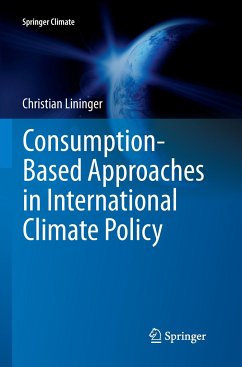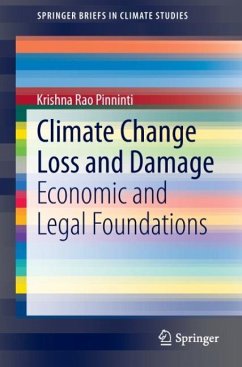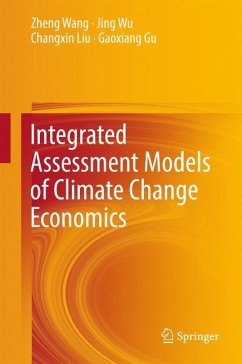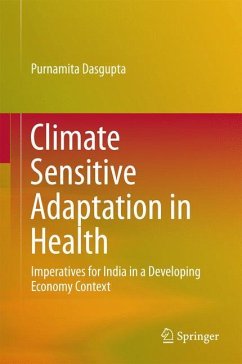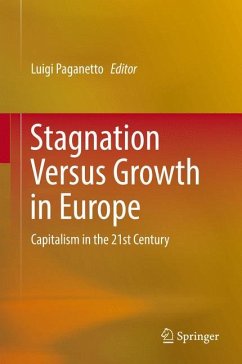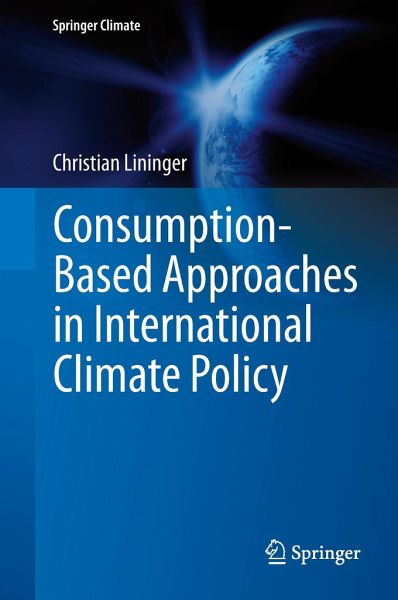
Consumption-Based Approaches in International Climate Policy
Versandkostenfrei!
Versandfertig in 6-10 Tagen
76,99 €
inkl. MwSt.
Weitere Ausgaben:

PAYBACK Punkte
38 °P sammeln!
This book analyses the potentials and consequences of a change from production-based to consumption-based approaches in international climate policy. With the help of an analytical model, the author investigates the effects of different policy variants on environmental effectiveness, cost-effectiveness, carbon leakage, competitiveness and the global distribution of income. The economic, legal and political background and the often contradictory findings on consumption-based approaches are reviewed in great detail. In the final chapters, options for practical policy design are developed. The bo...
This book analyses the potentials and consequences of a change from production-based to consumption-based approaches in international climate policy. With the help of an analytical model, the author investigates the effects of different policy variants on environmental effectiveness, cost-effectiveness, carbon leakage, competitiveness and the global distribution of income. The economic, legal and political background and the often contradictory findings on consumption-based approaches are reviewed in great detail. In the final chapters, options for practical policy design are developed. The book concludes that a switch to consumption orientation is not a policy tool whereby industrialized countries can unilaterally improve climate policy effectiveness, but should rather be seen as a possible intermediate step on the way to a fully multilateral mitigation strategy.




